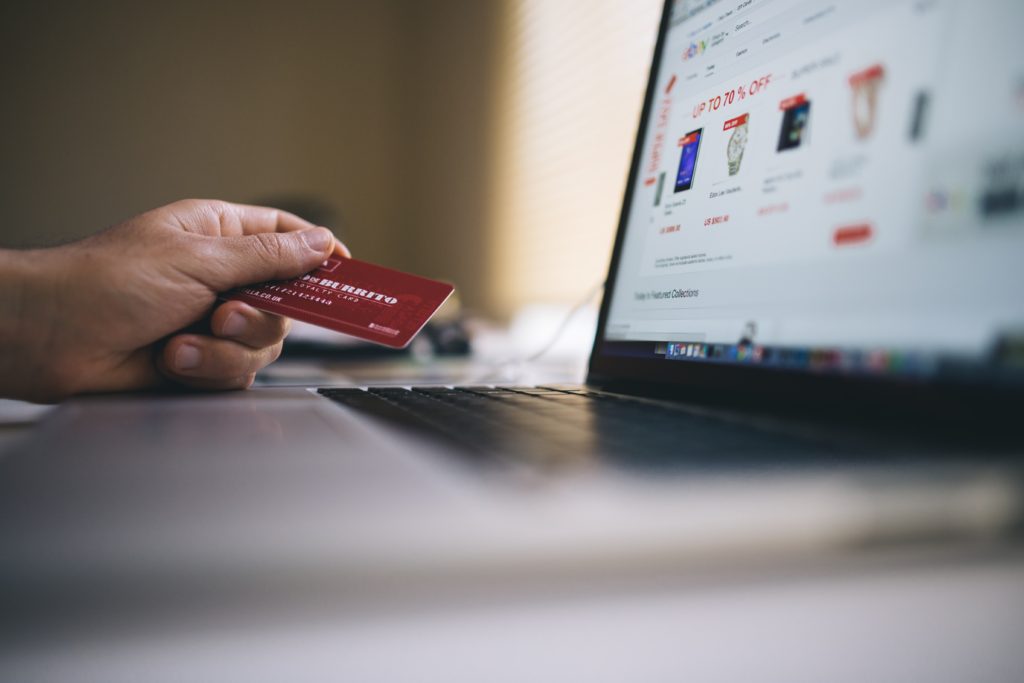
While having a credit card immediately puts you at risk of falling into the grips of debt, there are times when relying on credit is absolutely necessary. However, with a few money-savvy adjustments to your spending behaviour and a different approach to your available credit, you can effectively avoid debt while owning a credit card. It is crucial to take note that how you manage your finances and your available credit will have an immediate impact on your credit status, and because a poor credit score will affect your chances of being approved for a mortgage while also making other aspects of your finance options more challenging, it would be wise to maintain a good credit score. Other significant concerns of a poor credit score include potential inability to rent a property and large debt burdens that you may be unable to carry.
Improving Your Credit Score
If you have already fallen into the grips of a debt burden that you cannot manage and you have discovered your poor credit score is decreasing your quality of life through a reduction in financial freedom, there are ways of improving your credit score. Rather than battle with unbearable debt, it would be wise to opt for debt counselling and credit score restoration services such as those offered by Ascension Credit Services. Credit services can effectively guide you towards improving your credit score by helping you manage your debt. Because these services are provided for consumers who are unable to manage debts, you will be able to rest assured that the credit service will essentially protect you from creditors while you are paying off your debts. Leaving your unmanageable debt situation to sort itself out is simply not an option. These credit-savvy tips will help you get the most out of your credit card without finding yourself in a stressful situation.
Don’t Consider Available Credit As Part Of Your Bank Balance
Most young professionals who are approved for their very first credit score make the fundamental mistake of considering the available credit as an additional extra to their bank balance. Available credit should be viewed as emergency funds rather than an extra income as you will have to replace funds used and be liable for interest on those funds. This is potentially the fastest way that you could get into unbearable debt. Viewing credit as disposable funds mean it would be a logical option to max out your credit card.
Pay Off Your Balance Monthly
The wisest way to stay out of debt and avoid paying high-interest rates on your credit spend would be to only spend an amount that you will be able to replace before the end of the month. This is because some credit cards provide a 30-day interest-free period. Which means you would be able to repay the total amount spend before the period is over and completely avoid interest. In order to achieve this money-savvy approach to credit, you would need to opt for a credit card provider that offers this exceptional benefit and closely monitor your spend.
Avoid Multiple Credit Cards
Rolling in credit will eventually lead you to a certain debt burden as the total interest amount would be undeniably staggering. Rather than opt for multiple credit cards that would make rolling your debt a possibility, you should limit the number of credit cards you have and ideally only have one. In addition to this, you should also avoid taking out numerous credit accounts as this fundamental mistake will have you spending far more than you earn on a regular basis. Essentially, the more credit you have the more possible it will be to get into debt.
The Turmoil Of Cash Advances
While paying off your balance monthly to avoid interest is an effective method of saving on your credit card purchases, this solution often leads young professionals to cash balances. Cash balances refer to the paying money into your credit card to essentially have money. Even though it may seem like a logical solution to avoid paying off the initial debt, you will later discover that you are unable to free yourself financially from the turmoil of a cash balance. You should never have to pay money to receive money, which is why you should maintain the approach to only spend what you will be able to pay back within the interest-free period. Maintaining a cash balance is considered the earliest stage of credit card debt as it is one of the most common mistakes that credit cardholders make.



